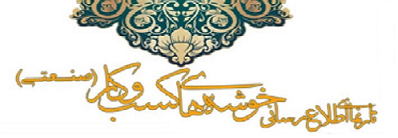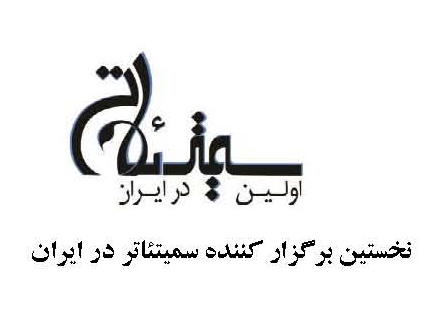گزارش تحلیلی بیزینس مانیتور-صنعت کشتیرانی در ایران-سه ماهه سوم2010
Executive Summary
Despite the threat of further sanctions hanging over it, the outlook for Iran's maritime sector looks positive. From the port perspective, container volumes at the port of Bandar Abbas defied the downturn, with y-o-y growth of 10.3% in 2009; further growth of 8.65% is projected by BMI in 2010.

Container throughput outperformed BMI's estimates for total trade in 2009, with our country risk team estimating that total trade fell by 2.9% y-o-y. We believe that container throughput's resistance to the downturn stems from cargo associated with Iran's key sector, oil production. Container growth tends to also tie in with strengthening consumer demand.
The most obvious downside risk to our forecast remains the threat of further sanctions, which if implemented are likely to hit the trade sector and therefore shipping. Iranian shipping line Islamic Republic of Iran Shipping (IRISL) has already been directly hit by sanctions from both the US and UK and companies associated with the global maritime sector appear to be wary of the reputational costs of involvement in Iran's port and shipping sector. We have previously noted a similar trend in the maritime sector, with port developer Hamburg Port Consulting (HPC) pulling out of a contract to renovate the
Iranian port of Bandar Abbas and French container line CMA CGM going out of its way to put distance between itself and the claims from Iranian newspaper the Tehran Times that the company's vessel Simba pulling into the Iranian port of Bushehr was the start of significant operational activity by CMA CGM in Bushehr.
Although some states and companies might be keen to distance themselves from Iran's trade and shipping sector, others appear to be still willing to do business. The major development over the quarter has been the announcement that Brazil and Iran plan to launch a shipping line together. The plan ties in with growing trade relations between the two nations, with Iran importing Brazilian beef and sugar and Brazil indicating an interest in the phosphate and urea trade from Iran. The Islamic Republic of Iran has started pushing for a further cementing of this trade alliance with the country's government pushing for a trade agreement with Mercosur.
These warming trade relations tie in with a trend of improving political relations between the two countries, which our country risk team has noted. Brazil's president, Luiz Inácio Lula da Silva, is due tovisit Tehran in May 2010, following a trip by the Iranian president, Mahmoud Ahmadinejad, to Brazil last year. Brazil has also been less tough than other nations on the issue of Iran's reported desire to develop nuclear weapons, with the country among the group of states that tend to abstain from voting in the UN on the issue.
Despite the threat of further sanctions hanging over it, the outlook for Iran's maritime sector looks positive. From the port perspective, container volumes at the port of Bandar Abbas defied the downturn, with y-o-y growth of 10.3% in 2009; further growth of 8.65% is projected by BMI in 2010.

The most obvious downside risk to our forecast remains the threat of further sanctions, which if implemented are likely to hit the trade sector and therefore shipping. Iranian shipping line Islamic Republic of Iran Shipping (IRISL) has already been directly hit by sanctions from both the US and UK and companies associated with the global maritime sector appear to be wary of the reputational costs of involvement in Iran's port and shipping sector. We have previously noted a similar trend in the maritime sector, with port developer Hamburg Port Consulting (HPC) pulling out of a contract to renovate the
Iranian port of Bandar Abbas and French container line CMA CGM going out of its way to put distance between itself and the claims from Iranian newspaper the Tehran Times that the company's vessel Simba pulling into the Iranian port of Bushehr was the start of significant operational activity by CMA CGM in Bushehr.
Although some states and companies might be keen to distance themselves from Iran's trade and shipping sector, others appear to be still willing to do business. The major development over the quarter has been the announcement that Brazil and Iran plan to launch a shipping line together. The plan ties in with growing trade relations between the two nations, with Iran importing Brazilian beef and sugar and Brazil indicating an interest in the phosphate and urea trade from Iran. The Islamic Republic of Iran has started pushing for a further cementing of this trade alliance with the country's government pushing for a trade agreement with Mercosur.
These warming trade relations tie in with a trend of improving political relations between the two countries, which our country risk team has noted. Brazil's president, Luiz Inácio Lula da Silva, is due tovisit Tehran in May 2010, following a trip by the Iranian president, Mahmoud Ahmadinejad, to Brazil last year. Brazil has also been less tough than other nations on the issue of Iran's reported desire to develop nuclear weapons, with the country among the group of states that tend to abstain from voting in the UN on the issue.
مطالب مرتبط

